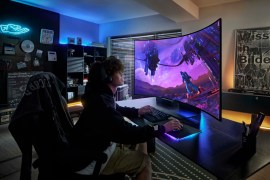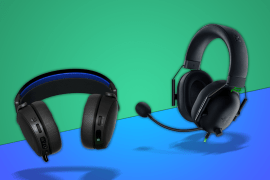Stick or Switch: should PS4 and Xbox gamers buy Nintendo’s new console?
Nintendo's hybrid has some neat tricks, but do you really need it?

Ever since the PS2 roundly crushed the GameCube, Nintendo has thought differently with its consoles – first with the Wii, then the Wii U, and now with the Switch.
Time will tell whether Ninty’s latest console replicates the massive success of the Wii, or ends up more like the perpetually underwhelming Wii U, but one thing is for sure: this isn’t just another familiar console. Sure, it’ll plug into your TV and play Mario and Zelda in HD, but you can also undock the tablet-like device and take it anywhere you please like a proper handheld.
It’s a two-in-one, then. But if you’ve already bought the PlayStation 4 or Xbox One, do you really need two recent consoles? Here’s a look at what the Switch offers that players can’t get with their current-gen consoles, as well as a few reasons why you might be better off sticking with what you already have.
YES! It’s a fully portable console
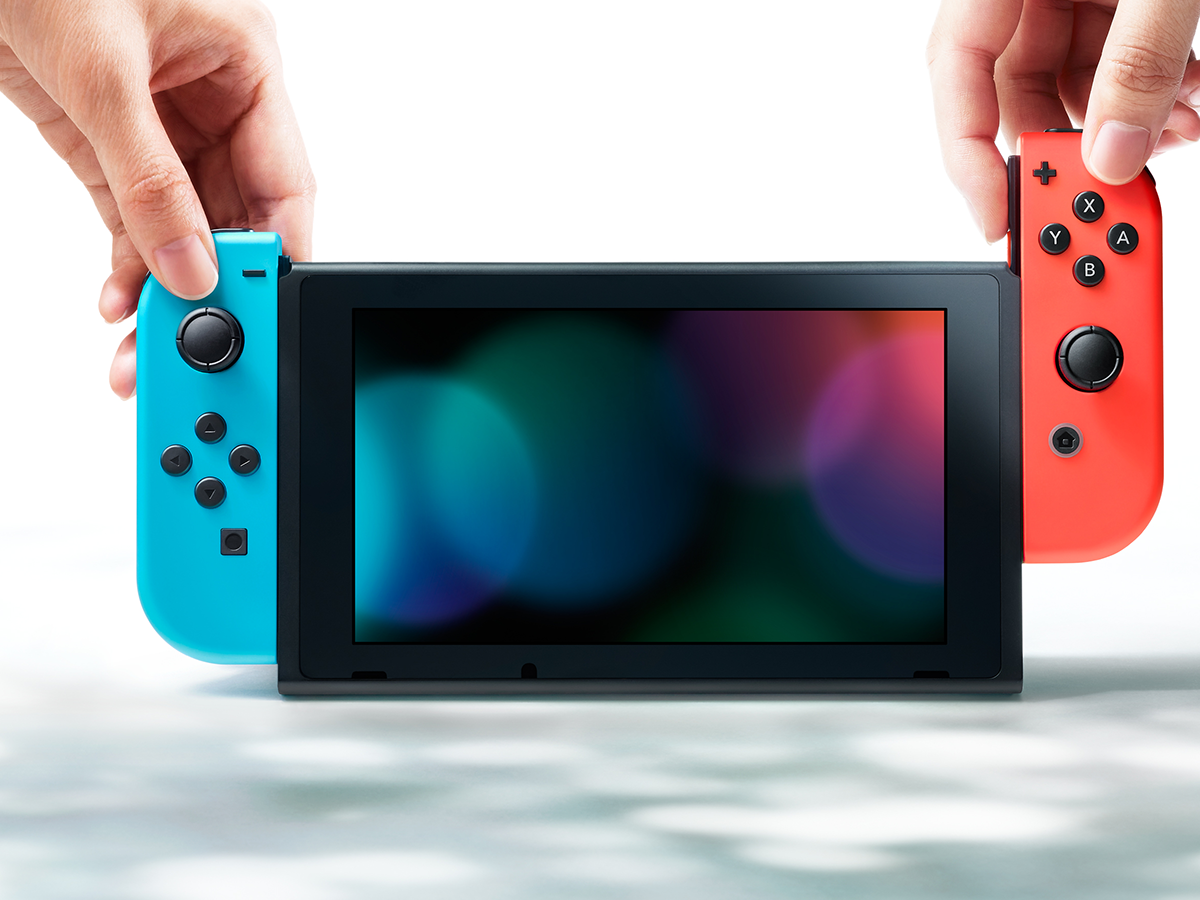
Remember the first time you tried to carry a Wii U GamePad with you out of a room or to the far side of your flat… and it lost the signal? Yeah, that was disappointing. One of many such shortcomings of that console.
Fortunately, the Switch doesn’t replicate that short-range wireless tether: the device itself is fully portable, with little Joy-Con controller nubs that pop on and off, and you can just pull it out of the dock whenever you want to play in bed, outside, or on the train.
Obviously, you don’t get that with the Xbox One, and doing anything similar with the PS4 requires a PlayStation Vita and a strong wireless connection. We all have phones, and some of us have a Vita or 3DS, but the Switch promises to provide full-fledged console games that you can play anywhere. That’s a big advantage.
NO! It’s not nearly as powerful
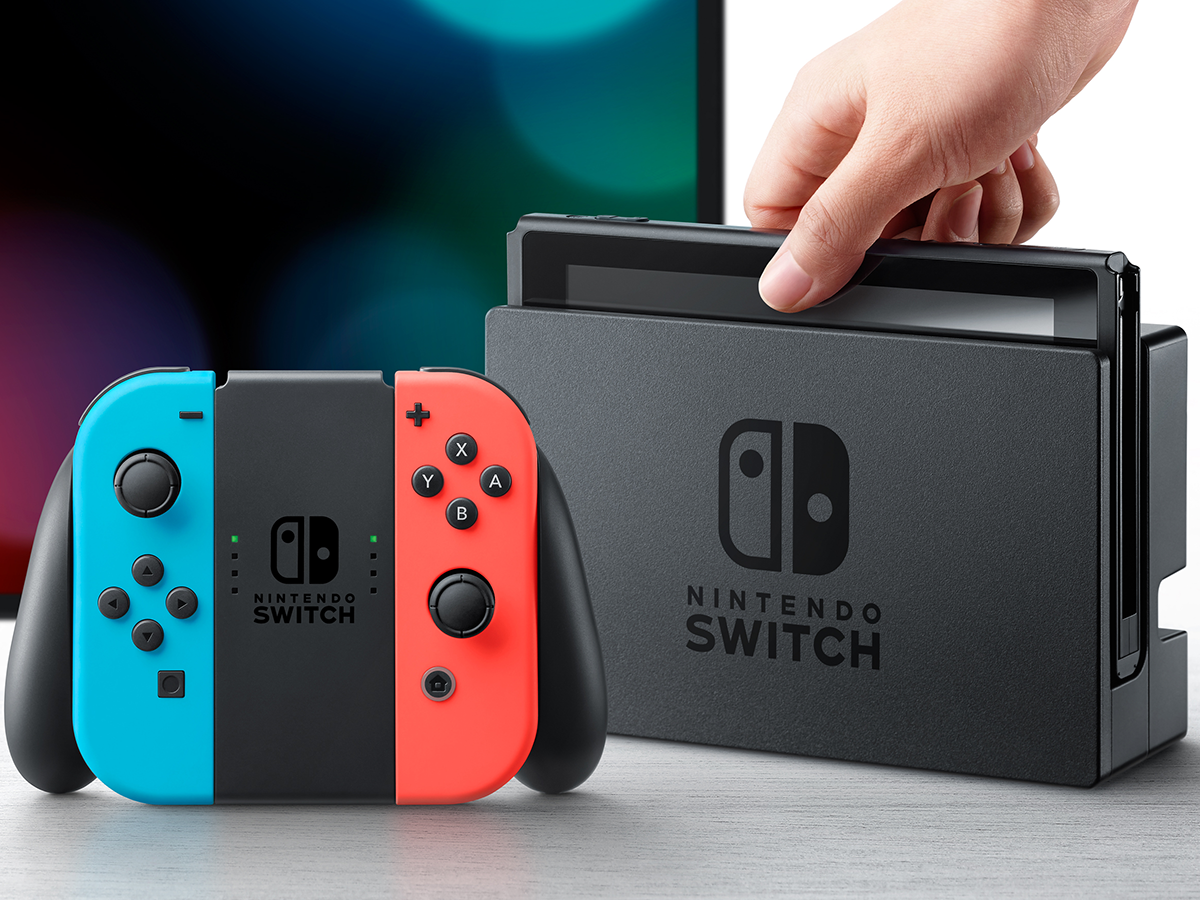
Portability is an awesome perk, but if you’re the type of player who craves high-performance presentation, you may not get what you want from the Switch.
Based on what we’ve seen any played, including the direct comparison between The Legend of Zelda: Breath of the Wild on Switch and Wii U, the Switch is only a hair more powerful than the Wii U – which means it’s much less capable than either Sony or Microsoft’s console. And when you’re on the go, you’ll be playing on a 720p display – although to be fair, it does look very colourful and solidly sharp despite the modest resolution.
Look, the Switch will still be able to pump out some really pretty games, as we’ve seen with The Legend of Zelda: Breath of the Wild, but there may be limitations to what it can do down the line. And it probably won’t handle ports of top-tier PS4 and Xbox One games, if you’re thinking of trading in your current box.
Also Read › Nintendo Switch hands-on review
YES! It has Nintendo’s own games
The best part of any Nintendo hardware is almost always Nintendo’s software, and that will surely be the case again with the Switch. Breath of the Wild is the first real example of this, with Mario Kart 8: Deluxe, Splatoon 2, and the brand new Arms following in the coming months.
And then Super Mario Odyssey and Xenoblade Chronicles 2 will follow later this year. Not bad for the first nine months of a system’s life.
Admittedly, Nintendo’s launch lineup is pretty sparse, and the next few months could be thin as well… but if we ultimately end up getting new entries in most of the company’s best-loved franchises, along with some new experiences along the way, then we can probably justify the investment.
MAYBE! Game selection looks thin otherwise
Nintendo says it has dozens of big third-party studios committed to making Switch games, but you wouldn’t know it from what’s been announced so far. Publishing giants such as EA, Activision, and Ubisoft all seem tentative, each committing very little for now – it’s hard to get too excited about Just Dance and Skylanders ports right off the bat, although a Switch-specific FIFA this autumn is intriguing.
On the other hand, Sonic Mania could be pseudo-throwback fun, and further-off games including Square Enix’s Project Octopath Traveler and a new Shin Megami Tensei entry are appealing. Furthermore, Nintendo just announced a heap of compelling indie games due out this year, and while you might not know Tumbleseed, Battle Chef Brigade, or Thumper by name right now, you surely will soon. And popular PC indies like Stardew Valley and Enter the Gungeon are on that list, as well.
Many of the larger studios may be taking a wait-and-see response after the flailing Wii U, which makes a lot of sense – but Nintendo’s struggles with third-party support are incredibly well documented. If the Switch ends up being a smash, then those publishers will probably come… otherwise, the situation could turn dire, much like it did with the Wii U over the last couple of years.
Power could be an issue, too. While the Switch has enough grunt for indie games and dazzling experiences of all sorts, it probably won’t run most bigger Xbox One and PS4 ports without some serious snips – which means multiplatform games may steer clear of the Switch. That’s not a problem if you treat the Switch as your secondary console, so don’t sell off your PS4/XB1 right away if you’re thinking about buying the Switch.
NO! It’s not a cheap proposition
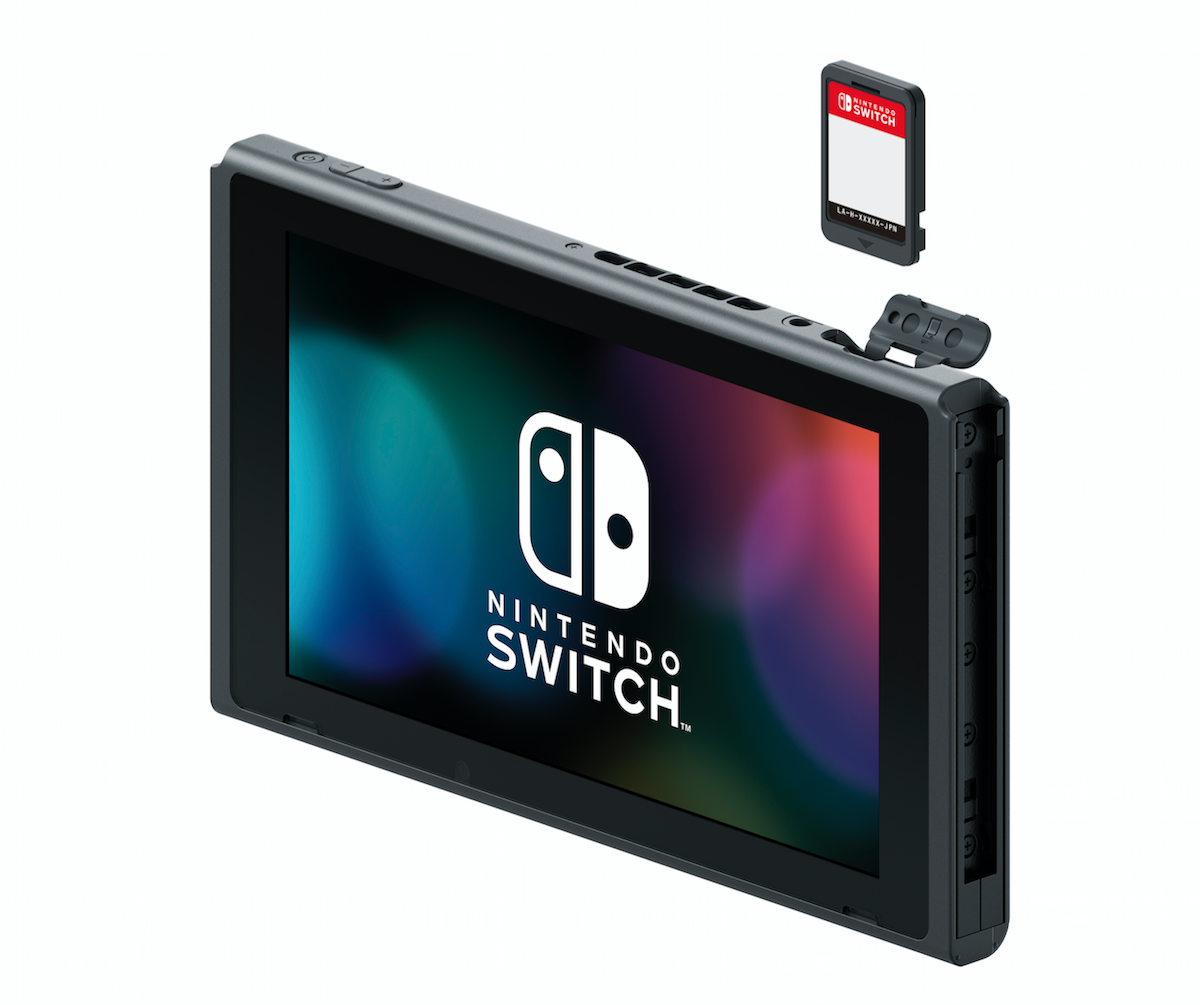
Nintendo consoles have sometimes been appealing as a cheap second console, but we’re a little surprised at the total buy-in cost for the Switch experience. The device itself is £280 (or US$300), and then an extra set of Joy-Con controllers is £75 (US$80).
You’ll also need to pay £65 (US$70) for a more traditional Pro controller, while the forthcoming online network subscription will also have a fee. You’ll probably want a microSDHC card, too, since 32GB of storage won’t go a long way.
It all adds up rather quickly. We thought Nintendo would come in a bit lower on the device itself, but it’s actually a bit pricier than the PS4 and Xbox One S – even the PS4 Pro can be had for £349 (US$400) – and those accessories are pretty pricey. In short, it’s another big investment to make. Would you be better off just buying more games for your current console instead?
YES! It enables new experiences
It’ll cost you, obviously, but the Nintendo Switch promises to unearth different kinds of play experiences that you won’t find on those other consoles. The Joy-Con controllers have some neat abilities, such as the motion-tracking infrared camera and the incredibly sensitive HD Rumble, while games like 1-2 Switch and Arms show the kind of unique fun available.
Besides, the ability to bring the Switch anywhere, detach the controllers, and throw down with a friend in Street Fighter or FIFA is a really cool, one-of-a-kind experience. The Switch may not end up being the best console for traditional gamepad-based games, but it has the potential to do some very interesting things otherwise. It might be worth the novelty just for those especially unique games.
Verdict
If you’re not a die-hard Legend of Zelda fan who somehow lacks a Wii U, then you should probably wait and see on the Switch.
Nintendo’s launch window lineup is startlingly sparse, and it could be months or maybe even a year before we see a really steady flow of games for the thing. By the time Super Mario Odyssey is out later this year, at least, you ought to have a better idea of how worthwhile of a gaming device it is. We really like the Switch, as our review explains, but given the limited launch selection and potentially slow drip of releases ahead, non-die-hards can probably stand to hold out for a while.
Ultimately, the Switch isn’t designed to replace the PlayStation 4 or Xbox One for the average player, and Nintendo knows it: that’s why they opted not to compete on specs. Instead, they made one device that you can play anywhere – but will it be the one device for millions and millions of people, or is it going to be the secondary console of choice for occasional, specialised use? Only time will tell, but we suspect the latter.

